Why use a Restaurant Broker
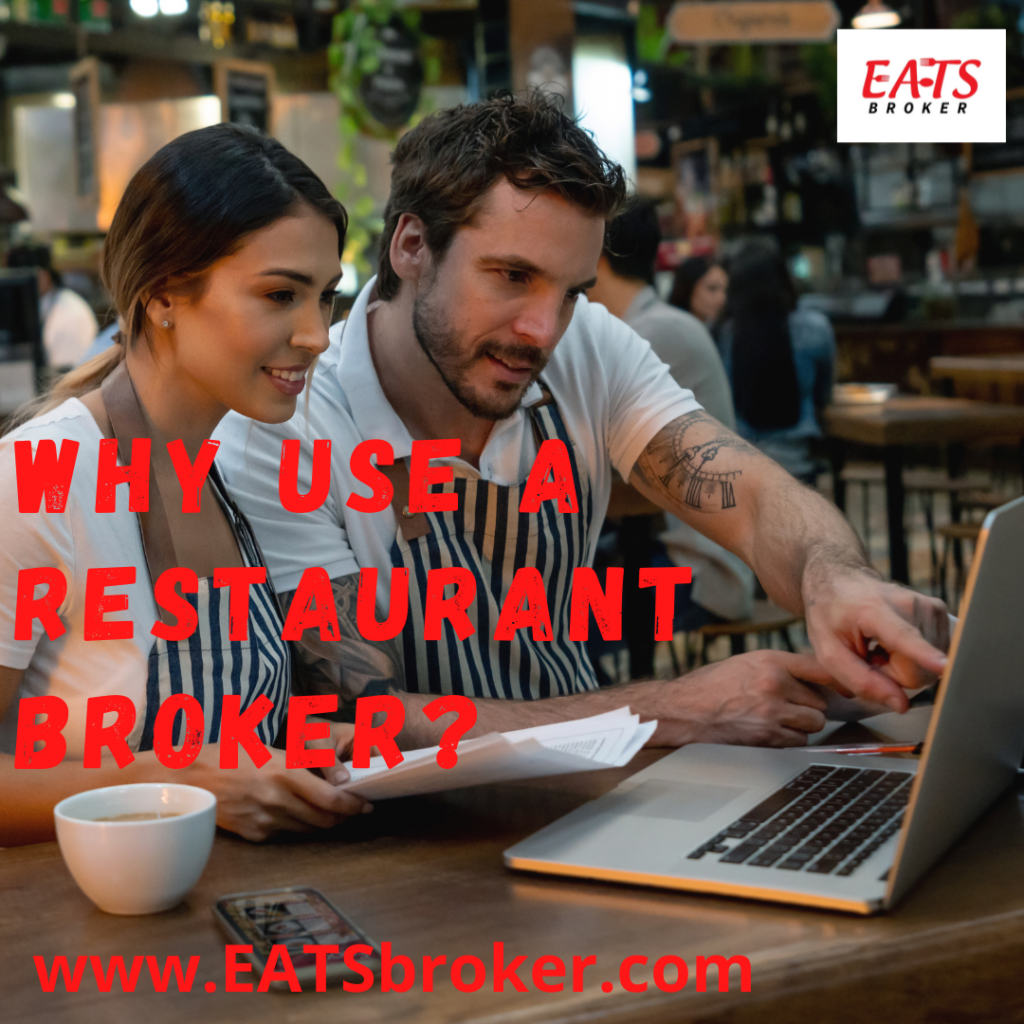
Why use a Restaurant Broker when it’s time to sell a restaurant? It’s a simple question that has a complex answer. A Restaurant Broker is a Business Broker specializing in selling restaurants, bars, and nightclubs. Restaurant Brokers do not sell gas stations, daycares, or service-based businesses; if the listing doesn’t involve a restaurant concept, they […]
Checklist for Selling a Restaurant
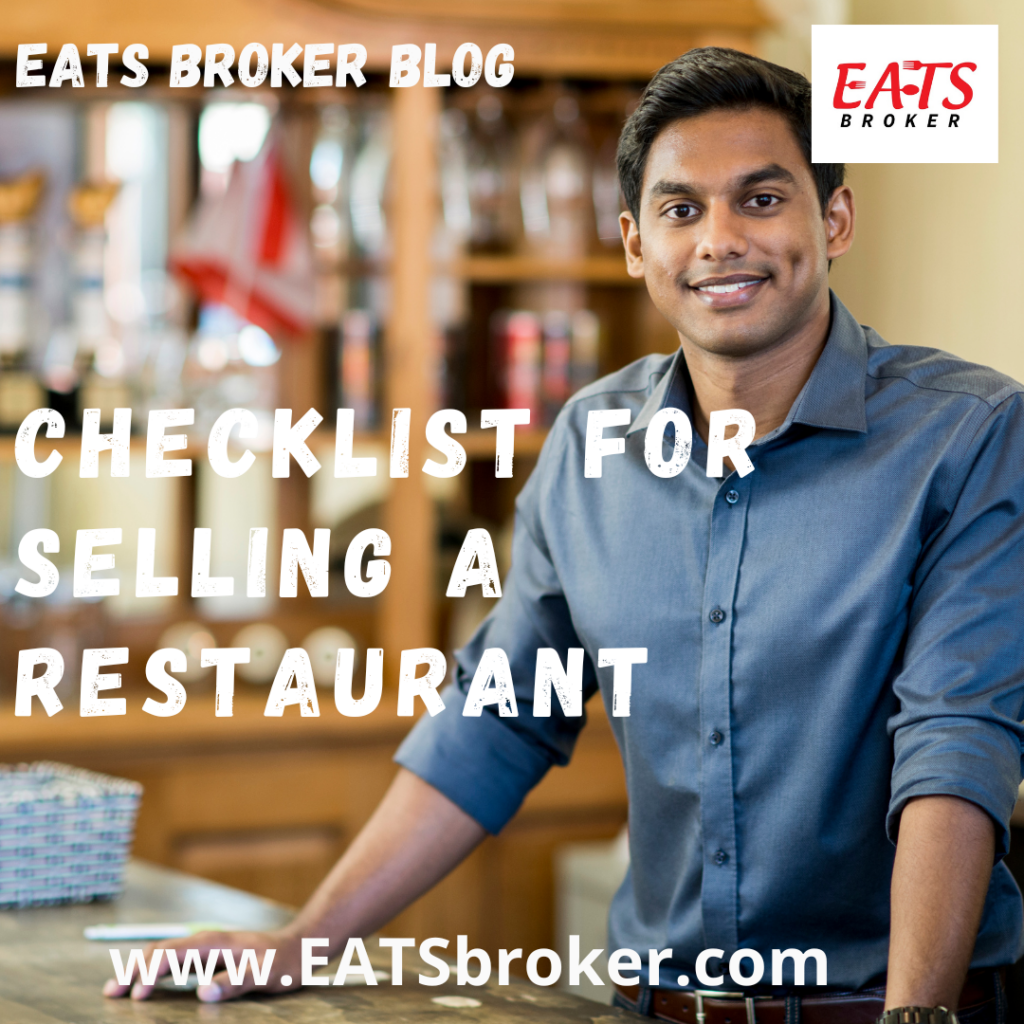
EATS Broker provides a checklist for selling a restaurant
Dominique Maddox of EATS Broker sells Firehouse Subs in Plano and Murphy Texas
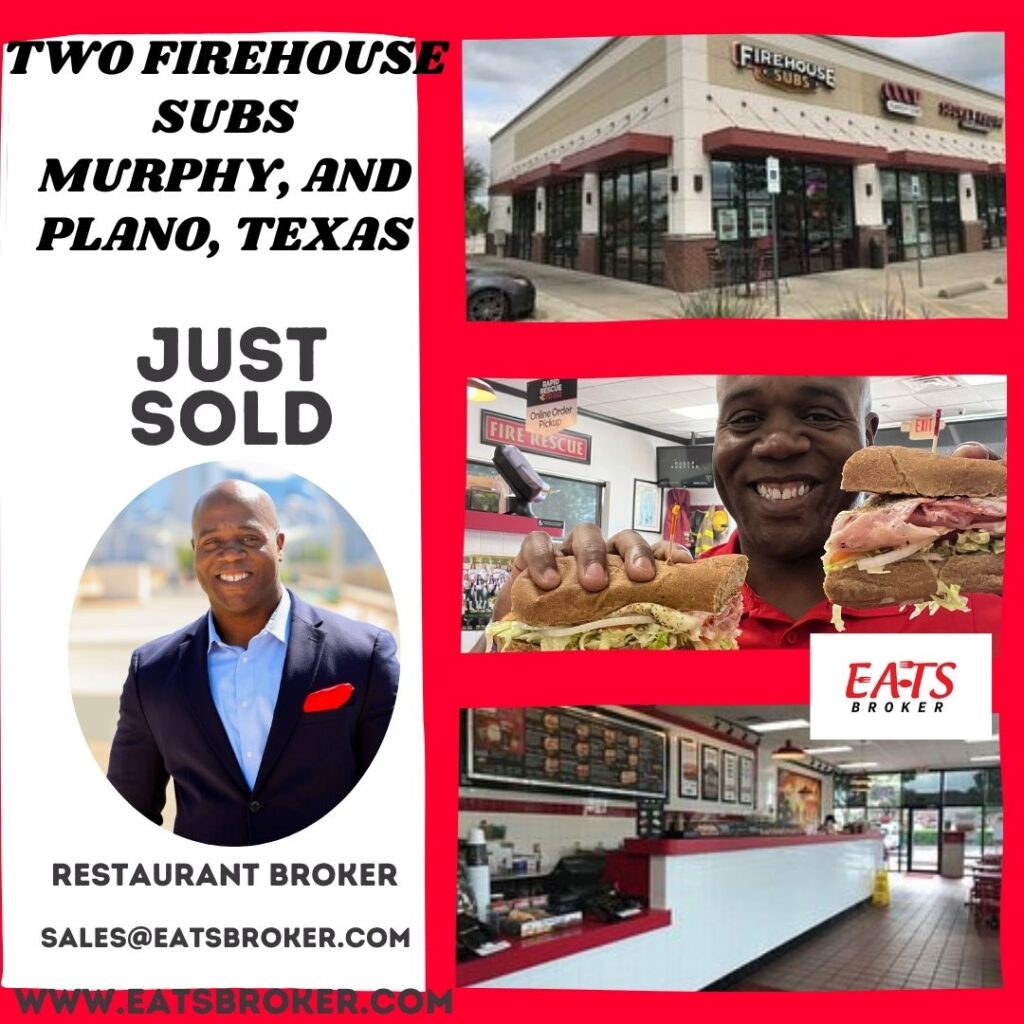
The Restaurant Broker at EATS Broker sells restaurants, bars, and nightclubs.
EATS Broker presents at the Franchise Symposium and Trade Show
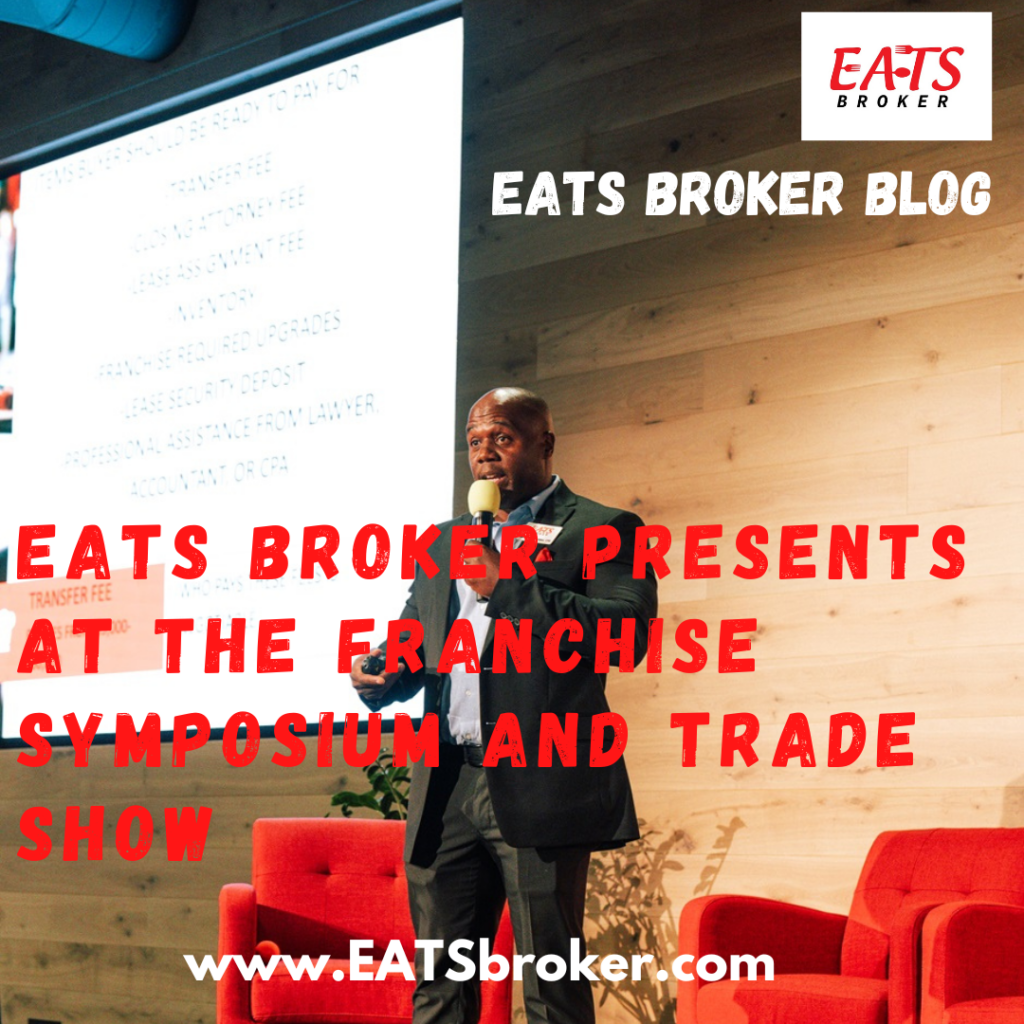
The Restaurant Broker at EATS Broker
7 Stages to Buying a Restaurant Franchise Resale
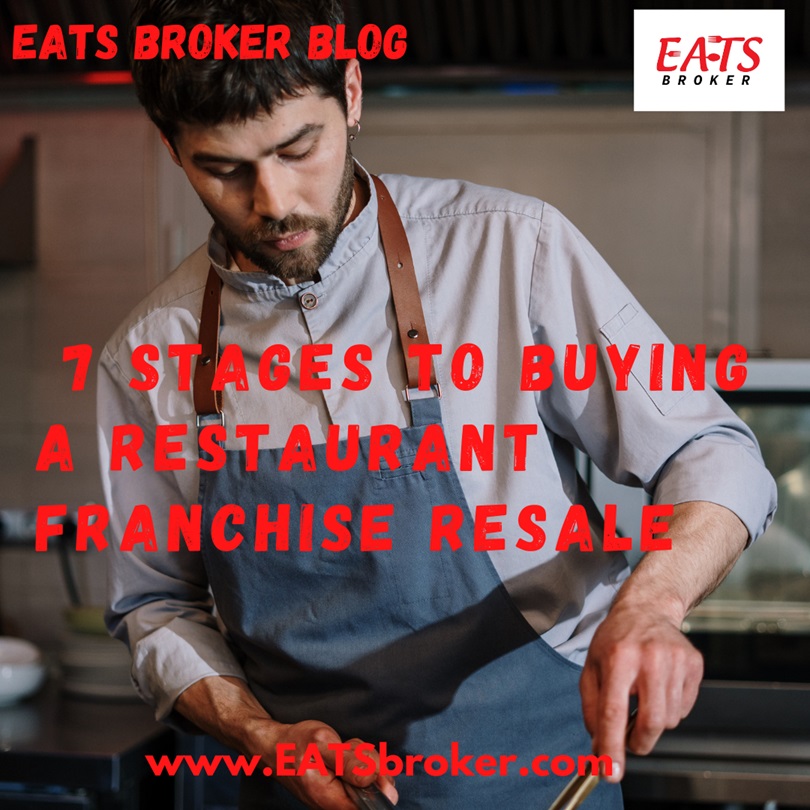
The Stages of Buying a Restaurant Franchise Resale can be complex and sometimes seem never-ending. The Restaurant Broker will provide a road map for success when buying a restaurant. EATS Broker helps restaurant buyers through the obstacles of buying a restaurant. The majority of buyers have never purchased a Restaurant Resale and are clueless about […]
What is important when buying a restaurant
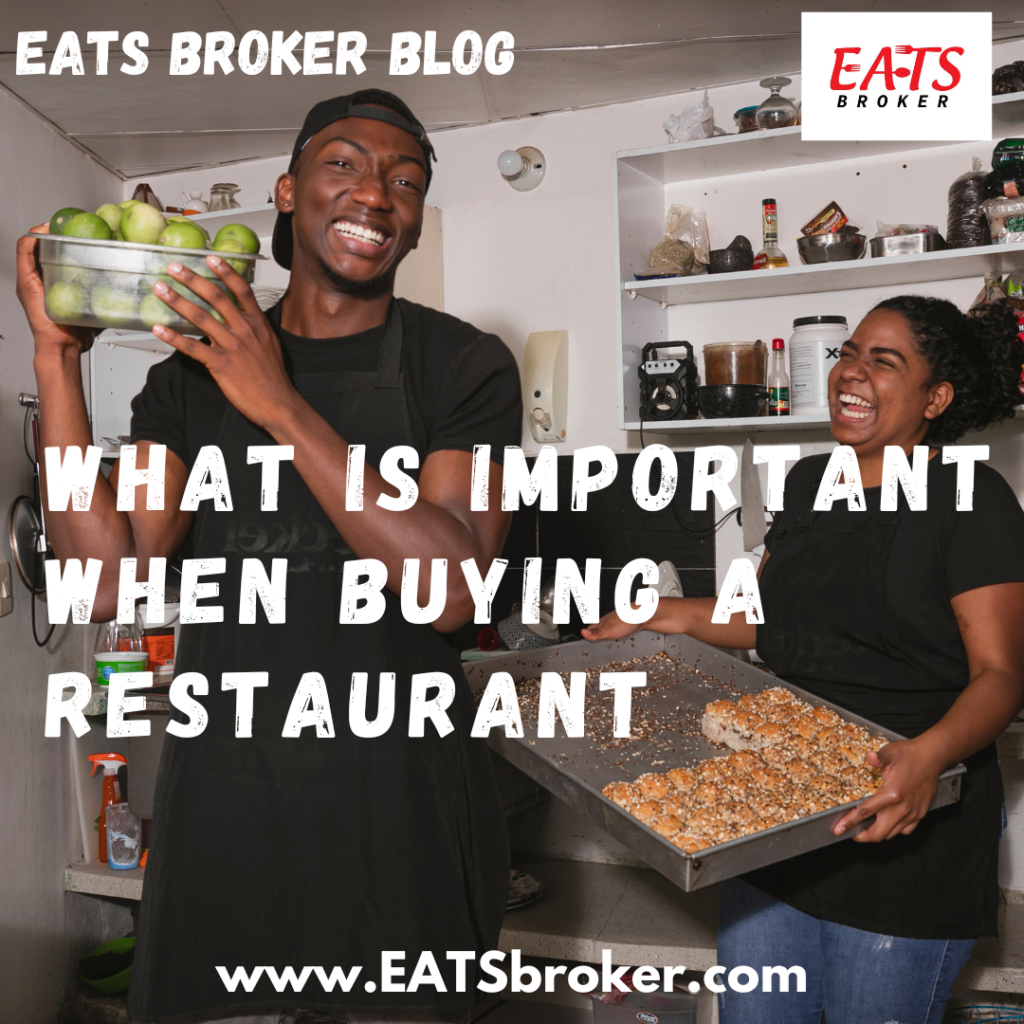
Performance is critical when buying a restaurant, a known fact to savvy buyers today. BizBuySell Insight Report 2024 Q2 reports support the theory that buyers desire to invest in a performing and established restaurant or other business. The Insight report notes that 42% of buyers say performance matters most, followed by growth potential at 26% […]
Marquis Who’s Who Honors Dominique Maddox
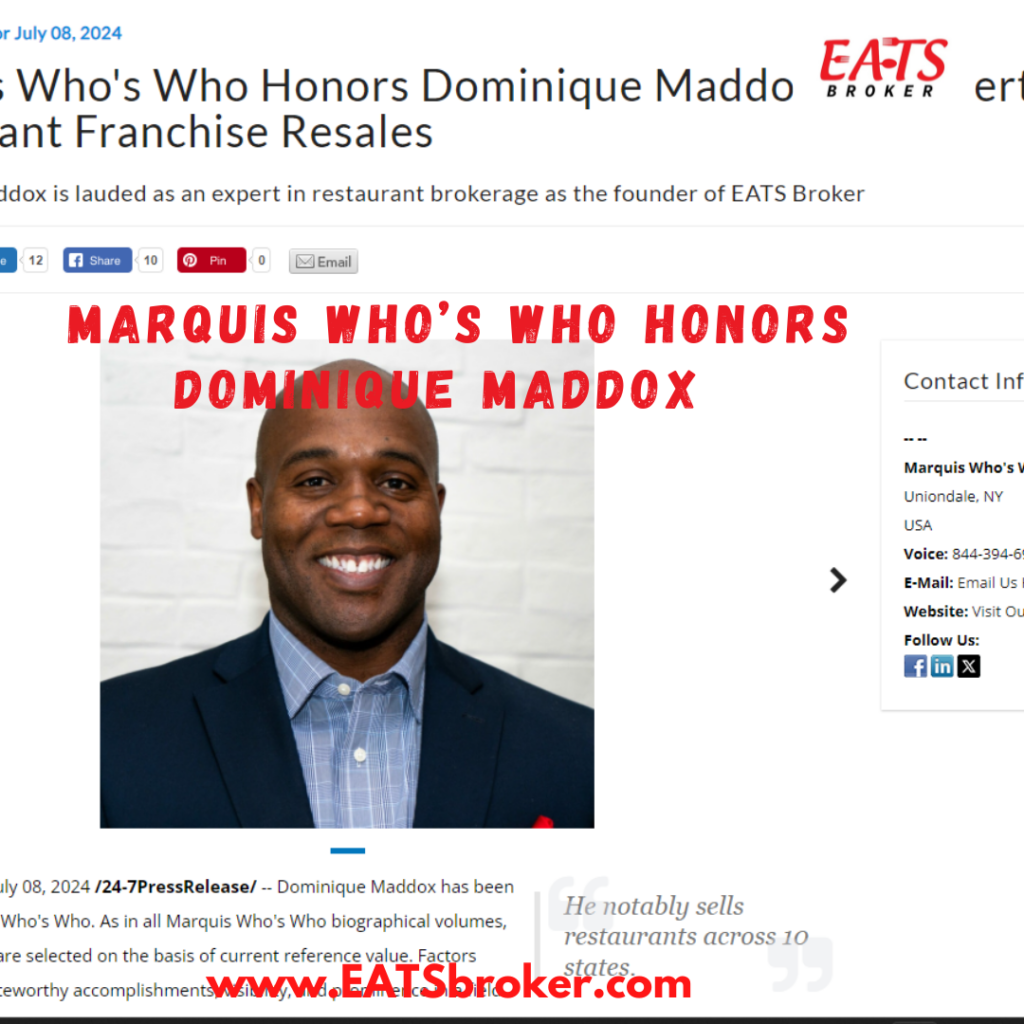
Marquis Who’s Who Honors Dominique Maddox for Expertise in Restaurant Franchise Resales. Established in 1898, Marquis Who’s Who began publishing biographical data in 1899. The publication chronicles the lives of the most accomplished individuals from every professional field, including business, entertainment, politics, medicine, law, education, art, and religion—Marquis Who’s Who has been a valuable resource […]
Checklist for Selling a Restaurant
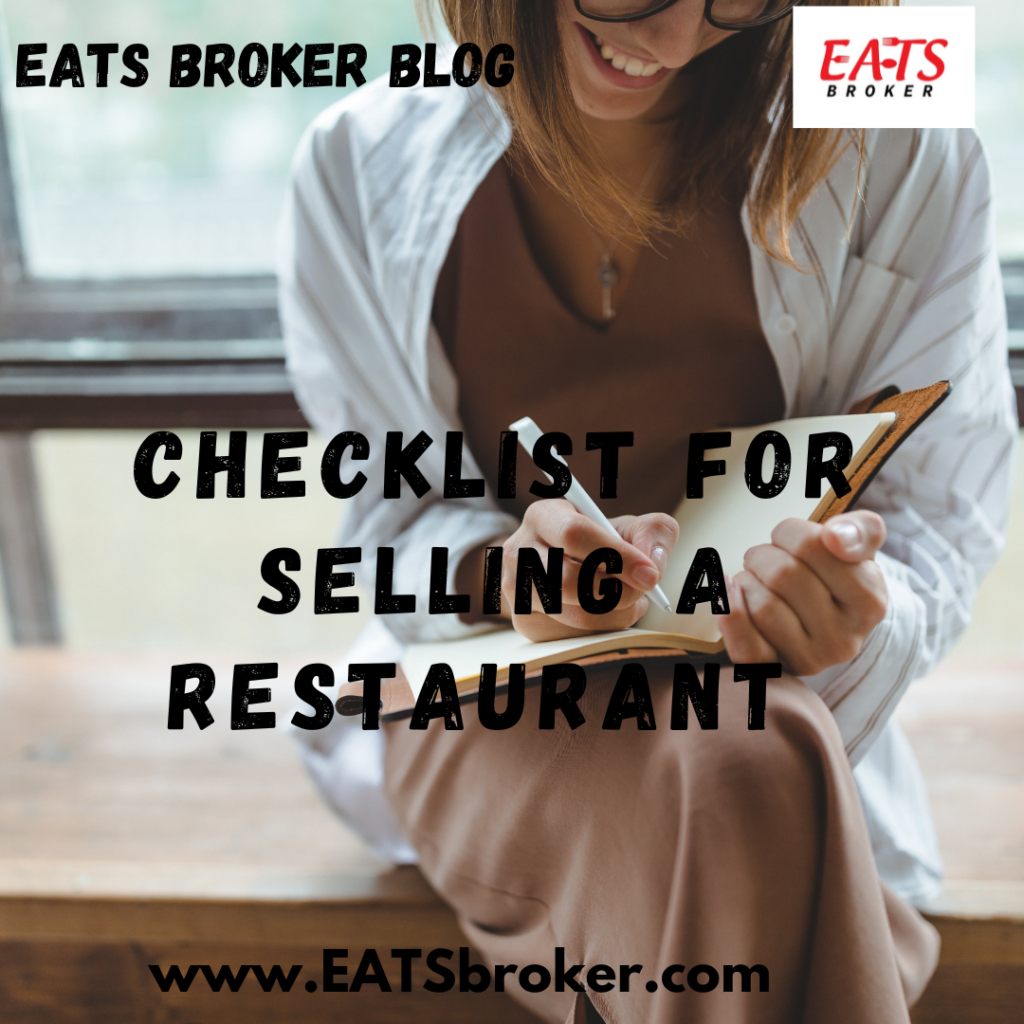
Restaurant Broker provides a Checklist to Sell a Restaurant
What is EATS Broker
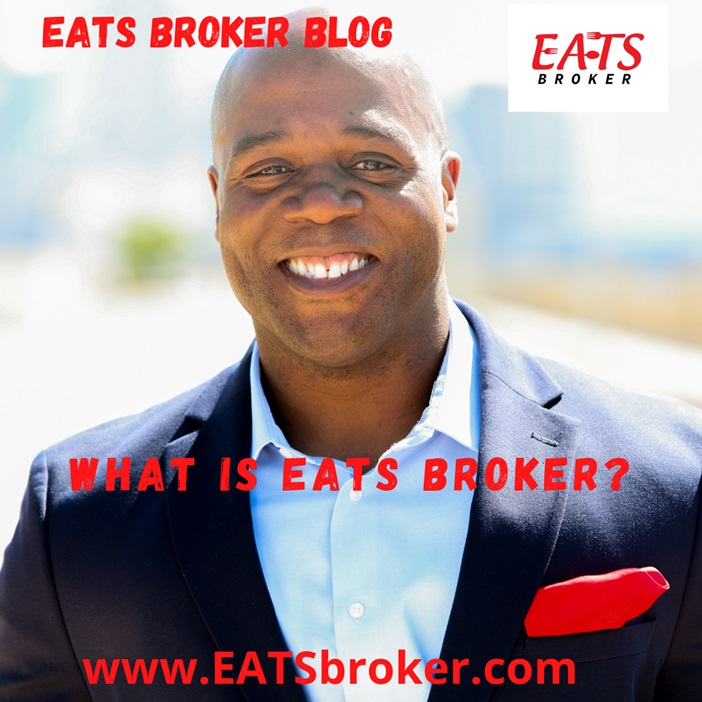
When it comes to the question, ‘What is EATS Broker? ‘, the founder and President, Dominique Maddox, is best positioned to answer. With his extensive experience selling restaurants, including seven years with one of the nation’s largest restaurant brokerage firms, he is uniquely positioned to lead the Restaurant Brokerage. EATS Broker stands out as a […]

